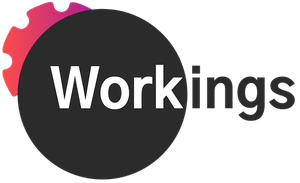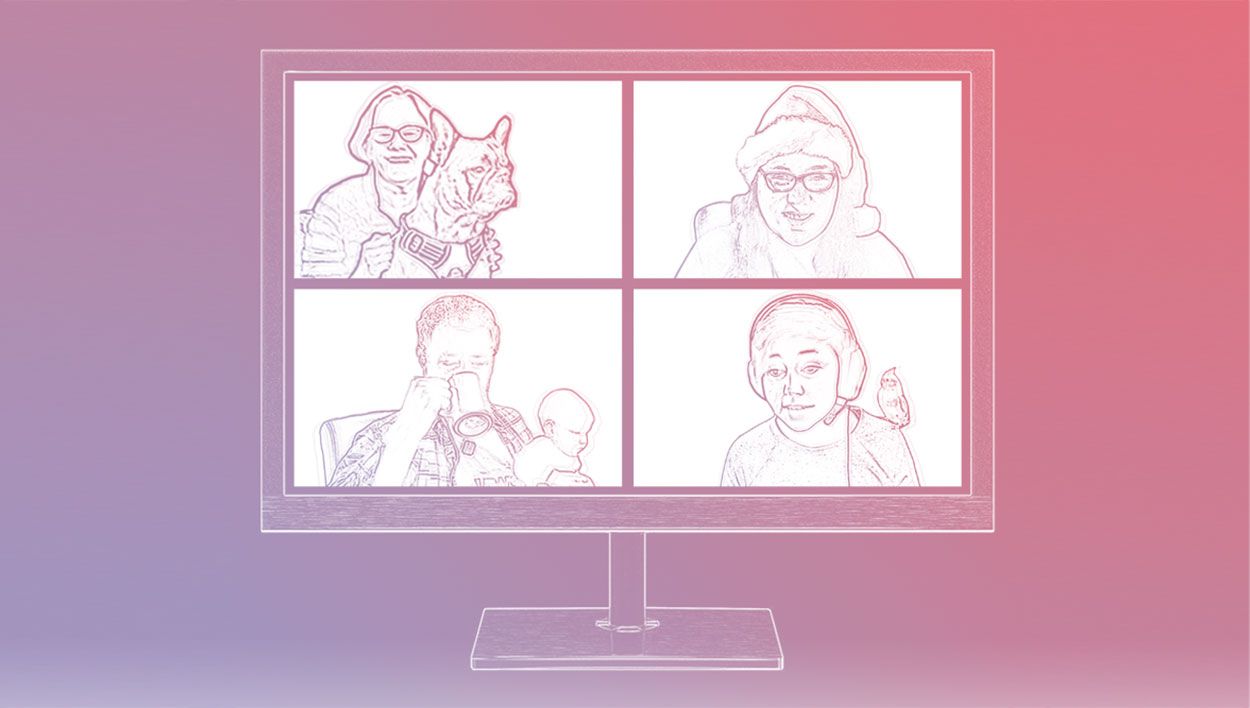The answer is: professional loneliness. That terrible feeling that you’re dependent on people, and they’re dependent on you—and yet you hardly know one another. You’re connected by various expectations and workflows, but there’s this troubling sense that no one in your jam-packed workday sees your “real” life or understands the full weight of what all you’re bearing.
As I’ve watched the invasion unfold on my screens, and as I think of the Ukrainians and Ukrainian-Americans with whom we work, I shudder to contemplate the depths right now of their professional loneliness.
How must it feel to watch your beloved homeland be plunged into war while the work around you continues apace?
In my view, professional loneliness is a universal experience. It’s more likely to grab someone who feels marginalized in terms of nationality, race, age, gender, sexual orientation, ability, size, etc.—but no one is immune. I started writing about it over a decade ago, when the sheer randomness of my career had me feeling increasingly alienated from my work and my colleagues.
Not only is professional loneliness an equal-opportunity stalker; it is not, as far as I can tell, confined only to remote workers. It’s talked about more these days, and often in the context of remote teams, but it’s an age-old problem that doesn’t magically vanish by being in an office.
The real cure, I believe, lies in creating various spaces—some virtual, some real-life—where people, all people, can be themselves. By centering a wide range of different perspectives, month after month, our hope is that this becomes more possible more often for more people, both on our team and in the broader content community.
We may stumble—we have before—but we’re determined to keep trying, and we’d love for you to join us. If you’re interested, please see below. There’s a link there, as well as a short FAQ that may be useful to you.
Thanks for reading,
Kate
FAQ
I’m not a Steyer employee. May I still attend tomorrow’s session?
Yes! To stave off the specter of professional loneliness, we feel compelled to get to know our colleagues and clients better—but the fact is: we want to connect more deeply with anyone who wants to connect with us. So, like many of the DEI Chats we’ll host in the coming months, this one is open to all. Please request the Zoom link by RSVPing here. (We can’t post it publicly because: hateful trolls.)
But the session is at noon Pacific and I get pretty hangry if I don’t eat?!
Bring your lunch! We’re trying desperately to NEOS this brave new world of ours. (NEOS = Normalize Eating on Screen, and if that ever becomes a proper hashtag, my colleague Jordyn Hatch—a former Miss Wyoming who is not afraid to chow down on Zoom—should get the credit.)
Just curious: if tomorrow’s session is about centering the *Ukrainian* voices on your team, why have an outside speaker? And why are *you* hosting?
Our default approach is to support anyone who wants to lead a Steyer DEI Chat, and we now have a How To Guide that we can send to any potential organizers in our midst. That said, we never want anyone on our team or in our orbit to feel it’s their job to represent any particular worldview or to have to educate others. So, organizing and facilitating these sessions, like attending them, is completely optional. As I gradually pass the leadership baton to others on my team, you’ll see (thank heavens!) a greater variety of hosts, but from time to time, this responsibility will still fall to me. It’s not ideal by any stretch, but it’s better in our view than failing to convene at all.
Image credit: Steyer Content


 Tomorrow, for our March DEI Chat, we are gathering to discuss the invasion of Ukraine. At this session, a fellow content professional with deep ties to Ukraine will be debunking some of the misinformation she’s seen swirling around on social media. If it’s like our other DEI Chats, some people—most likely those closest to the topic at hand—will chime in. Many will just come to listen and learn.
Tomorrow, for our March DEI Chat, we are gathering to discuss the invasion of Ukraine. At this session, a fellow content professional with deep ties to Ukraine will be debunking some of the misinformation she’s seen swirling around on social media. If it’s like our other DEI Chats, some people—most likely those closest to the topic at hand—will chime in. Many will just come to listen and learn.